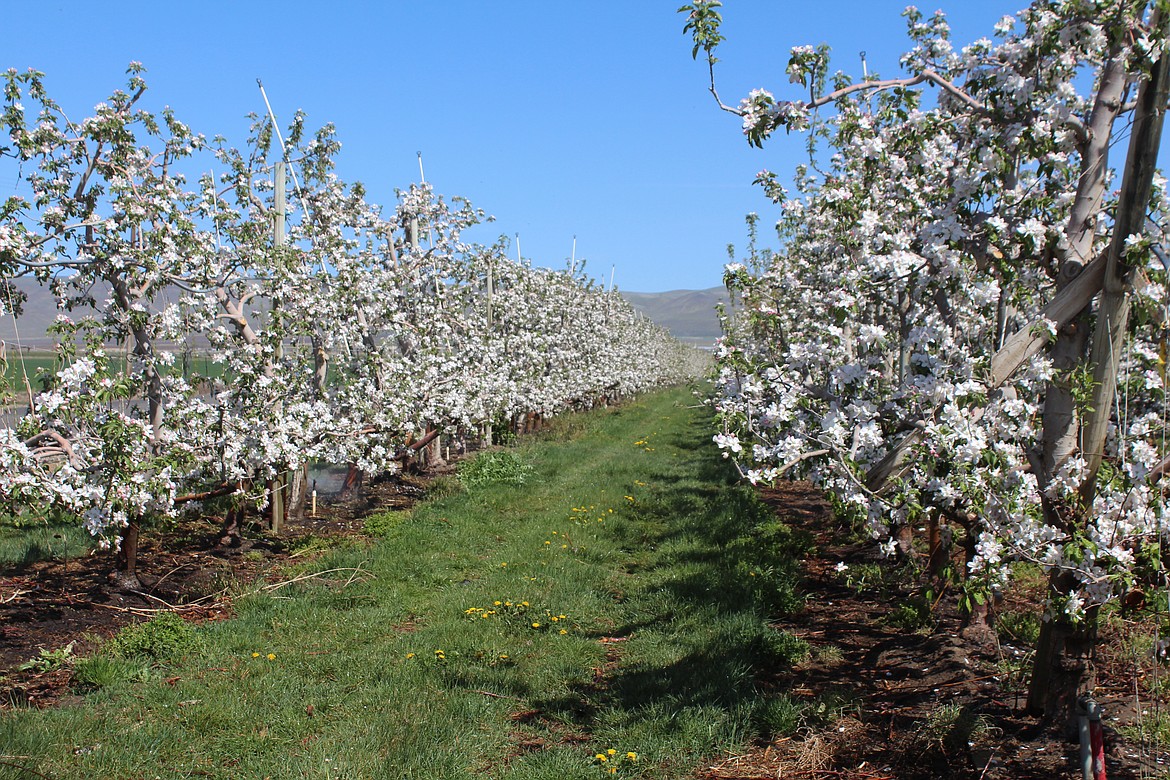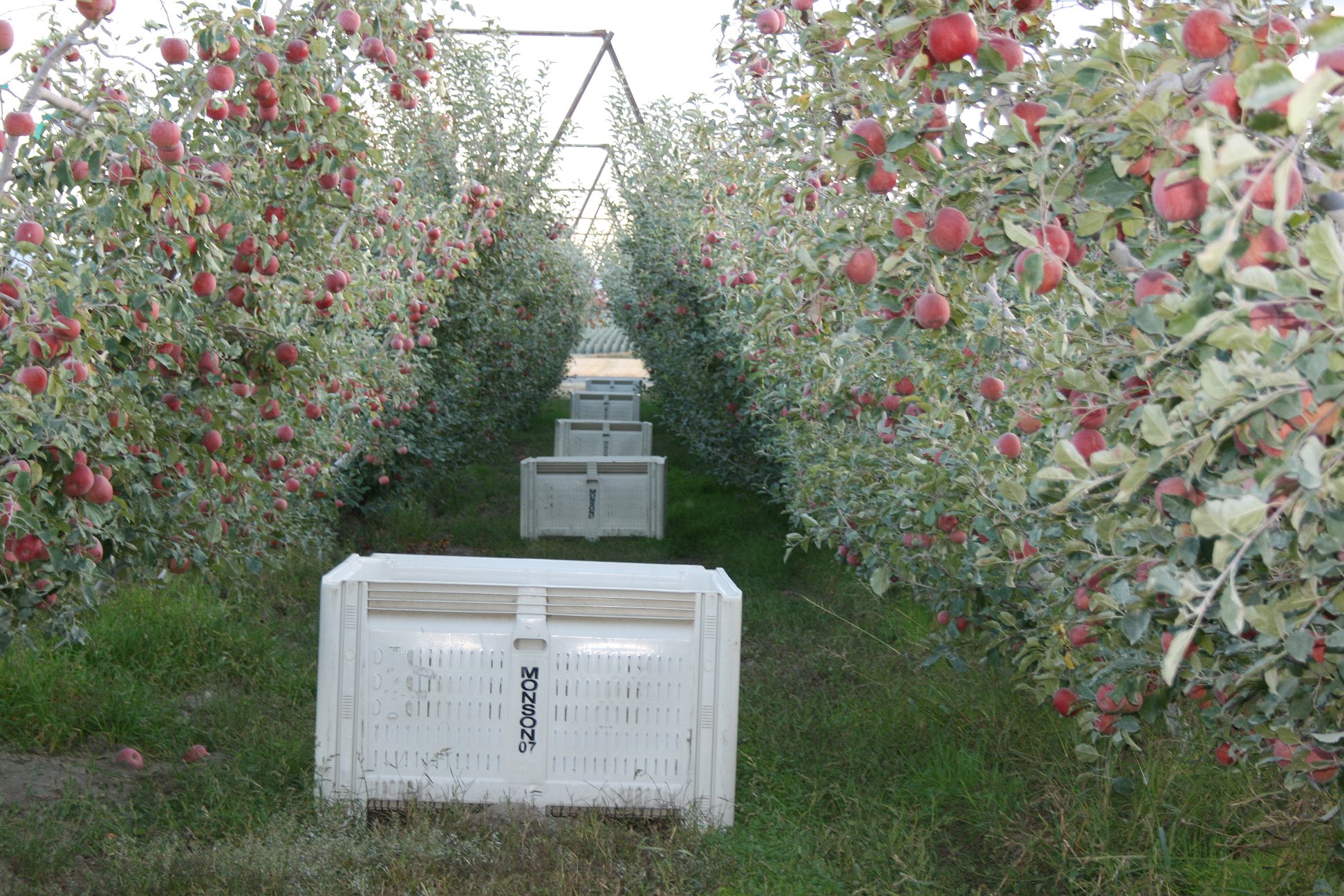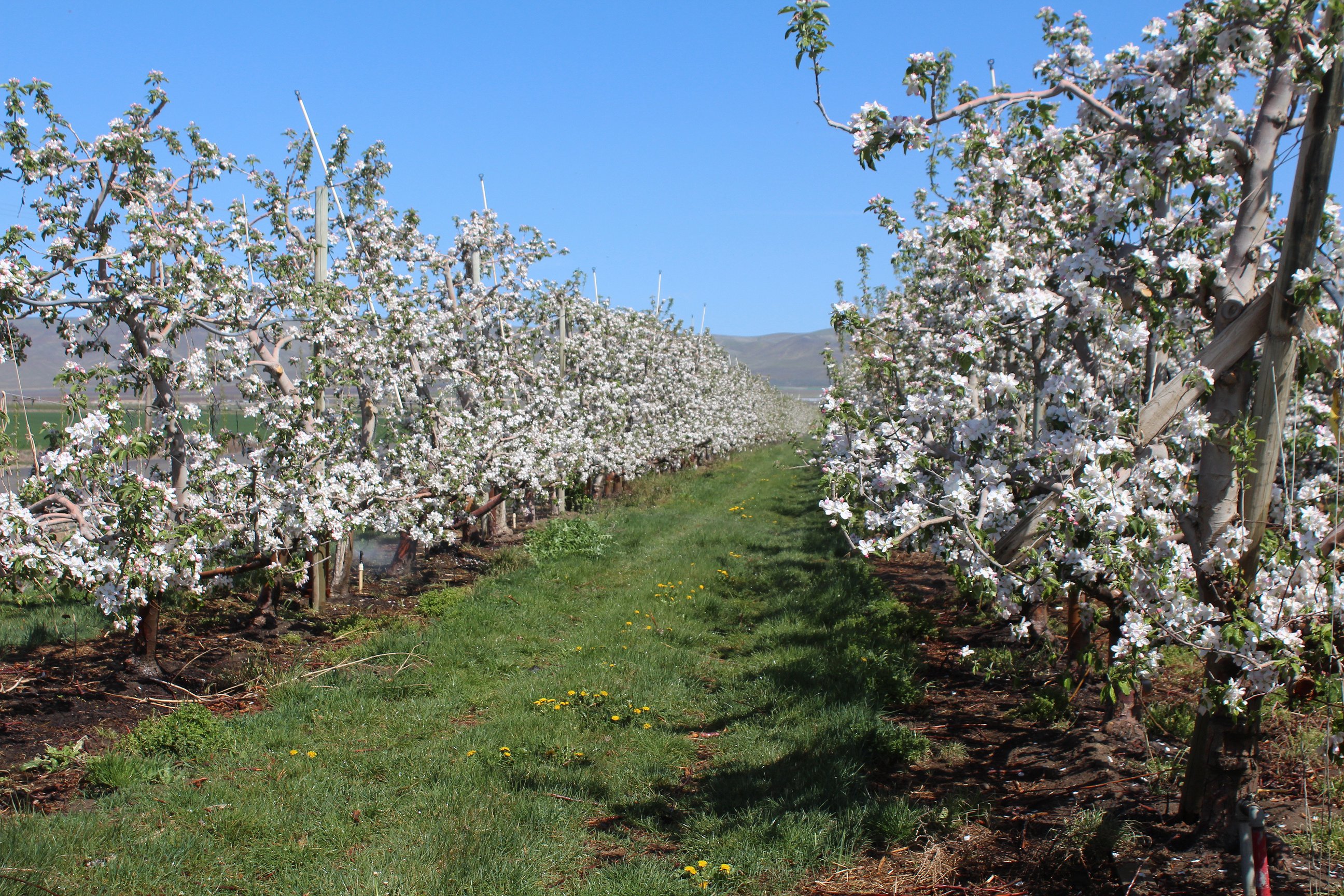Mattawa Council hears report on H-2A workers, approves 2024 budget
MATTAWA — Representatives of Seattle University and Universidad Iberoamericana Puebla attended Thursday’s regular Mattawa City Council meeting via video conference to present their report on temporary agricultural workers in the Mattawa area. The council also approved the final 2024 budget in the meeting.
Prior to the council unanimously approving the budget later in the evening, Seattle University student Cullin Egge explained the context of researching H-2A workers, who are foreign nationals temporarily working in the U.S. doing jobs such as harvesting.
“The project, really, was born out of a desire to improve H-2A workers’ well-being, both in the U.S. and in their indigenous communities back in Mexico,” Egge said. “So it has become a really lovely collaboration over the years between our two universities and Radio Huayacocotla. But the very focus or heart of this work has been and will continue to be the migrant workers and their hopes and dreams, as well as their families and communities … We're all very interested in listening to their stories and doing what we can to elevate them in hopes of creating change at the local community level and beyond as well.”
Seattle University student Abigail Berhane continued the presentation.
“We conducted our research from May to June in 2023,” she said. “We engaged in 78 interviews and 69 transportation surveys with H-2A farmworkers. Almost half of the interviews, approximately 48% percent, were located in and around Mattawa. Additionally, we conducted 31 interviews with the members of the Mattawa community including city officials, service providers, business owners and growers.”
Seattle University student Claire Wiener spoke about the project’s findings.
“The first one being that returning H-2A workers to the Mattawa community often experience higher levels of integration than newer counterparts, mostly because they already know the place,” Wiener said. “On the side of the community members, they generally view H-2A workers as economically necessary, but there were a couple of interviews that noted some safety concerns.”
The report noted that the safety concerns were specifically regarding alcohol consumption, which Seattle University Clinical Professor Audrey Hudgins explained in greater detail.
“Some community members expressed moral judgments about H-2A workers who are perceived as causing social problems in town, despite little reported evidence of bad behavior, such as public intoxication,” she said. “Even so, there does not appear to be much appreciation for H-2A workers’ experiences of psychological and geographic isolation, family separation, loneliness and simply boredom, which can manifest as drinking problems. Their exclusion in the community appears to extend to community social, cultural and religious activities, primarily again due to transportation limitations.”
Wiener touched on the H-2A worker’s perspectives of Mattawa.
“On the side of the H-2A workers, most of these interviews revolved around the idea that they desired greater access to services and amenities that are within the Mattawa community,” she said, “and that the largest (inhibition) to being able to engage with the community is a lack of transportation.”
Wiener said interviewed workers expressed great interest in being able to go to locations that allow them to engage in the community, such as movie theaters, community events and libraries.
After stating the basic findings, Hudgins explained the team’s recommendations to the city for improving H-2A workers’ situation in Mattawa.
“There are four that we'd like to lift up,” Hudgins said. “First, the welcome orientation. This is not a new idea … but it is one that we believe would benefit both workers, growers and the community as a whole, enhancing awareness of the information they need to be successful, integrated members of the Mattawa community.”
Hudgins also mentioned transportation.
“Transportation is a pivotal concern of most H-2A workers,” she said, “and offers possibilities to become more involved and more aware of the Mattawa community, increasing mutual familiarity and potentially economic benefit.”
Hudgins said the third recommendation is to explore using the WhatsApp messaging service, which most of the H-2A workers use, as a one-way announcement system, and the fourth is to organize community engagement opportunities to maximize H-2A workers’ integration into the Mattawa community.
Council Member Antonio Acosta thanked the team for its efforts.
“Thank you all for coming out here and doing what you did,” he said. “We see H-2A workers around here, but not all the time do we know what they're up to, or what they think. You guys kind of got into their heads a little bit.”
The project team members expressed interest in returning to work with the city, and Council Member Brian Berghout also thanked the group.
“I like what you said in the first part, that the workers make a great sacrifice to come out here,” he said. “Just a great sacrifice. I think sometimes that gets forgotten.”
Gabriel Davis may be reached at [email protected]. Download the Columbia Basin Herald app on iOS and Android.





